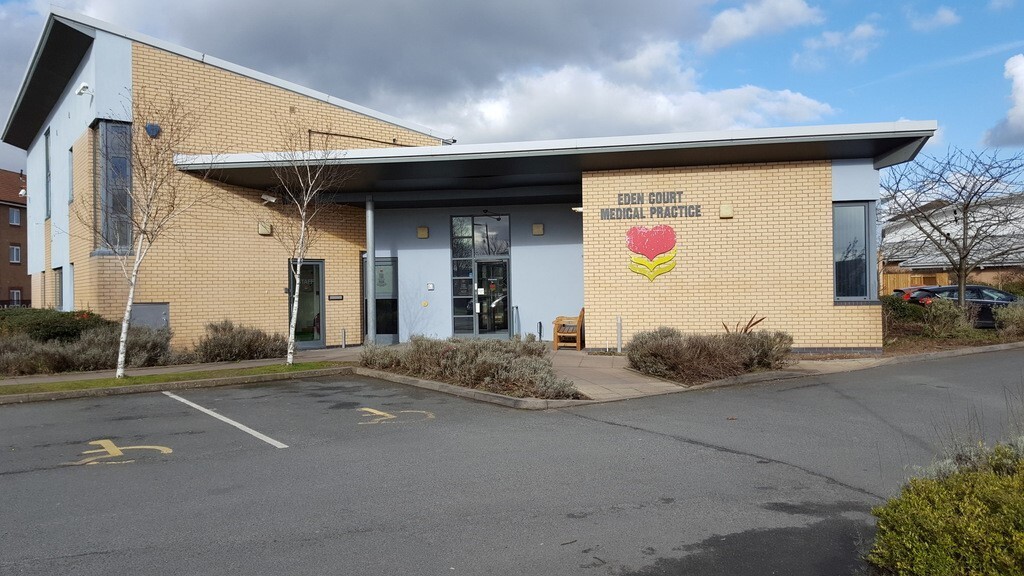
One of the first projects from the co-operative will be the Eden Court Medical Practice Birmingham, which will host a 30kWp solar array and EV charging. Image: Big Solar Co-op.
A new solar community energy group, the Big Solar Co-op, has announced its first three projects, located in the Midlands.
Created by community renewables veterans from Sharenergy, the rooftop solar company has launched its first share offer in order to raise £1.2 million to build its first projects and develop a pipeline of rooftop solar PV.
The share offer started in 24 June and has so far already seen £250,000 in investment.
The first three rooftop solar projects will be a 300kWp installation on a food-processing plant in Tenbury Wells, a 120kWp installation on a farm machinery manufacturer in Ludlow and a 30kWp installation on a doctor’s surgery in Birmingham, which will also have electric vehicle (EV) charging points powered by the solar panels.
During its first phase, the Big Solar Co-op aims to install 100MW of community and commercial solar rooftop across the UK by 2030.
With a nationwide model for developing community-owned rooftop solar projects, the newly formed co-operative aims to overcome the issues some localised community energy groups have faced since the removal of feed-in tariff (FiT) subsidy in 2019, it said.
“Setting up the Big Solar Co-op to work on a national scale is creating new opportunities for organisations wanting solar roofs, for investors and for volunteers,” said Jon Hallé, co-founder of Big Solar Co-op.
“By pooling our resources and taking a portfolio approach to developments, we are spreading risk and making solar rooftops viable even in the absence of government subsidy.”
Despite the end of FiTs and criticism that the potential of community energy has been ignored by the government, the commercial rooftop space in the UK has steadily increased in the past three years with monthly installs passing 30MW.
The co-operative will focus its the resources on feasibility studies, solar array designs and legal agreements, allowing local groups to focus on locating suitable rooftop sites and using their specialist skills where needed and at scale.
“We’ve come up with an offer which is much more appealing to big energy users than commercial rent-a-roof schemes. Our terms are more flexible and as a carbon-first organisation we are not taking big profits out so the savings to host sites are significant,” added Hallé.

